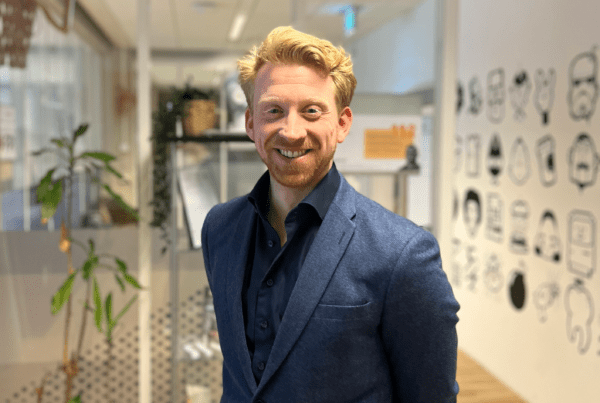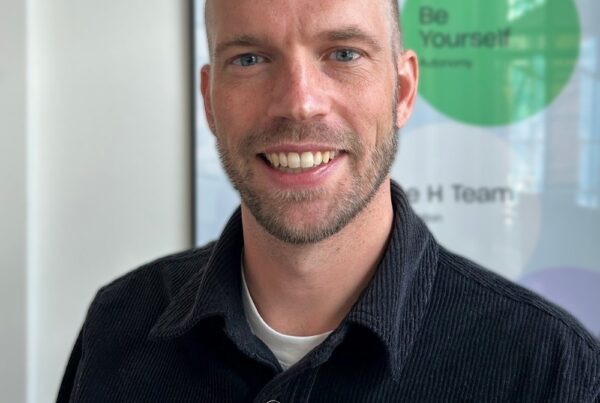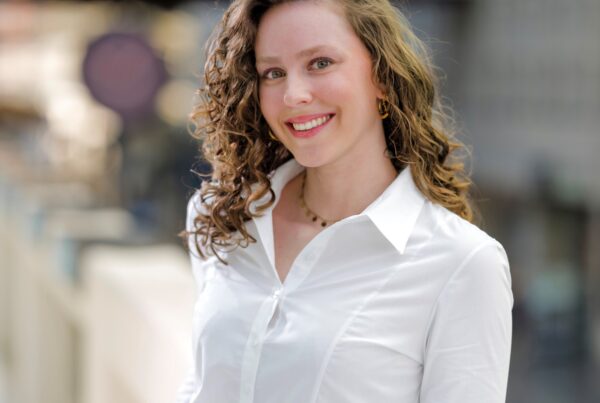Erasmus MC, TU Delft and EUR are building a Pandemic & Disaster Preparedness Center (PDPC). This knowledge centre will bring together top scientists with knowledge of pandemic threats and climate-related disasters to build an ambitious research agenda for the future
The plan for a Pandemic & Disaster Preparedness Center is based on a wish expressed by virologist Prof. Marion Koopmans, who hopes that the current level of vigilance will not diminish once the pandemic is under control.
Everyone now realizes what a huge impact a global pandemic has on all aspects of society. That’s why now is the time to get on with it. During a consultation with fellow scientists at TU Delft it emerged that there are major parallels with research into disasters, a field in which TU Delft has top expertise,” Koopmans says.
The idea is being developed by a group of enthusiastic experts. TU Delft and Erasmus MC, together with Erasmus University Rotterdam, are linked in a fusion of expertise: the Convergence. In this partnership, the medical biological expertise of Erasmus MC has been fused with the technological knowledge of TU Delft and the sociological knowledge of EUR for over a year.
The Pandemic & Disaster Preparedness Center falls under the umbrella of the Convergence. There are already fifty engineers, doctors and scientists from the participating institutes affiliated with the PDPC. The municipality of Rotterdam wholeheartedly supports the initiative.
Lessons for the future
The current pandemic provides a wealth of information and lessons learned for the future. The Pandemic & Disaster Preparedness Center believes that preparation must and can be improved. ‘The lightning-fast development of a new type of vaccine was possible because of years of investment in fundamental knowledge,’ says Koopmans. ‘That investment is also necessary for looking to the future: what other virus threats are there? How are they recognized? What makes viruses transmissible? Can we predict outbreaks and pandemics? Can we develop vaccines for whole groups of viruses?’
Scientists have also learned much from previous other types of calamities, such as floods, heat waves, and periods of extreme drought. Society has also benefited from many lessons learned. Think of the advent of the Delta Works that were built after the 1953 flood disaster.
By bringing all that knowledge and data together into a kind of reservoir of data, the Pandemic & Disaster Preparedness Center can start simulating disaster scenarios, revealing weaknesses in the system. Solutions can then be devised in collaboration with, among others, urban planners, architects, landscape developers, behavioral scientists and citizens.
An incident such as a flood or a pandemic always sets in motion a waterfall of consequences. By collecting scientific data and relating them to each other, certain adverse consequences, the pressure points, can be visualized. In this way it becomes clear that the Covid pandemic not only makes people sick, but also causes the entire healthcare system to grind to a halt.
Various collaborations between researchers at TU Delft and Erasmus MC have already been started during the pandemic. From this misery knowledge must be drawn that can be used for better preparation. Or to put it in medical terms: for prediction and prevention.preparation must and can be improved. ‘The lightning-fast development of a new type of vaccine was possible because of years of investment in fundamental knowledge,’ says Koopmans. ‘That investment is also necessary for looking to the future: what other virus threats are there? How are they recognized? What makes viruses transmissible? Can we predict outbreaks and pandemics? Can we develop vaccines for whole groups of viruses?’
Scientists have also learned much from previous other types of calamities, such as floods, heat waves, and periods of extreme drought. Society has also benefited from many lessons learned. Think of the advent of the Delta Works that were built after the 1953 flood disaster.
By bringing all that knowledge and data together into a kind of reservoir of data, the Pandemic & Disaster Preparedness Center can start simulating disaster scenarios, revealing weaknesses in the system. Solutions can then be devised in collaboration with, among others, urban planners, architects, landscape developers, behavioral scientists and citizens.
An incident such as a flood or a pandemic always sets in motion a waterfall of consequences. By collecting scientific data and relating them to each other, certain adverse consequences, the pressure points, can be visualized. In this way it becomes clear that the Covid pandemic not only makes people sick, but also causes the entire healthcare system to grind to a halt.
Various collaborations between researchers at TU Delft and Erasmus MC have already been started during the pandemic. From this misery knowledge must be drawn that can be used for better preparation. Or to put it in medical terms: for prediction and prevention.
”'Winston Churchill said after World War II, 'Never waste a good crisis''
Test project
The Pandemic & Disaster Preparedness Center (PDPC) is working on interesting test projects, such as that of Bas Jonkman (TU Delft), an expert in floods and their side effects. In this test project we simulate storms and other disasters. Then bottlenecks come to the surface, such as stagnant water being a hotbed for infectious diseases,’ Jonkman illustrates.
‘But we also identify blockages of bridges and tunnels. We then also look at the effects of traffic flows and effects on people’s behavior. By collaborating with other areas of expertise, we can also visualize effects on health care.’




